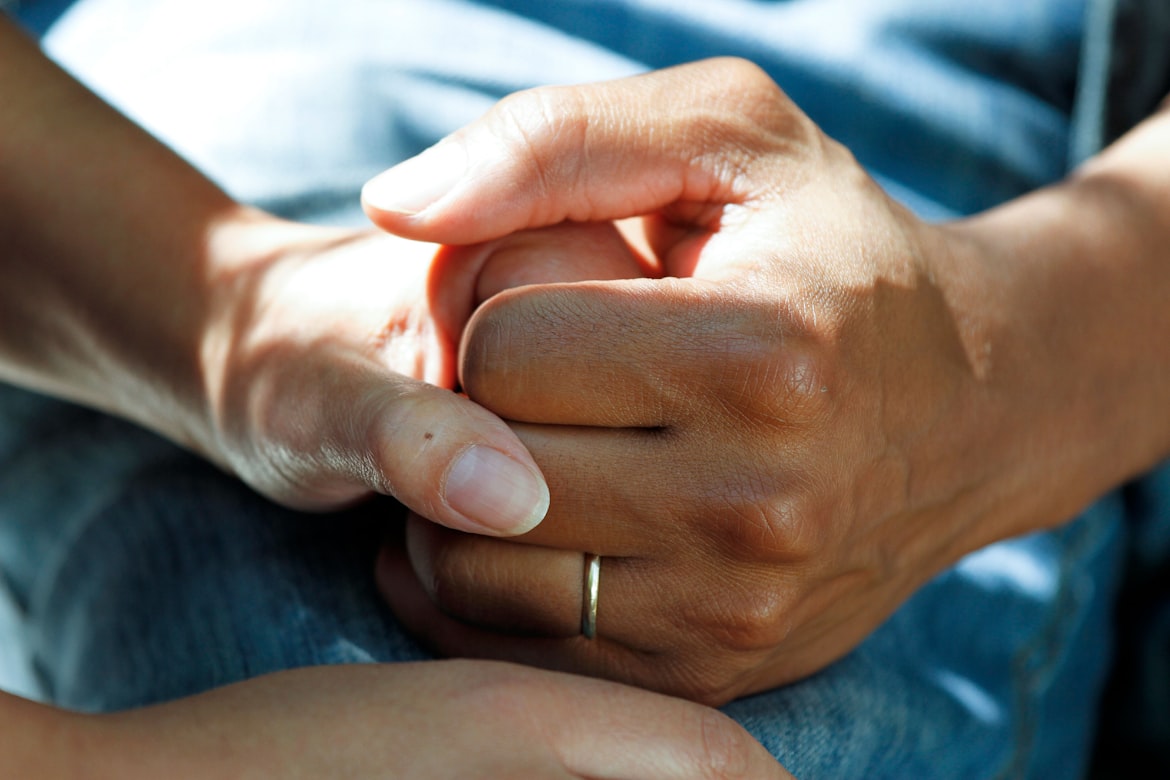With the National Disability Insurance Scheme (NDIS), individuals with disabilities in Australia have been able to access a range of support services to live more independently. For those who require personal care and safety under NDIS, it's important to maintain safety and independence. Here are ten tips to help ensure your personal care services promote your well-being while maintaining your freedom.
Choose a Reliable Provider:
Select a provider with a good track record of delivering personal care and safety under NDIS. Make sure to check with the NDIA (National Disability Insurance Agency) or receive recommendations from others within the community.
Align Your Needs:
Ensure that the personal care services align with your requirements, preferences and goals. For instance, if you require help with household tasks or a personal caregiver, outline your preferred structure and share any specific requirements clearly.
Communication is Key:
Open communication is crucial to keeping you safe and independent with personal care. Be confident about asking questions, clarifying doubts and sharing concerns with your provider, support coordinator or provider team.
Involve Family Members:
Involve family members in your personal care services to keep them informed and updated. They may be an invaluable source of advice and support and a helpful contact if your provider team is not available.
Emergency Protocols:
Ensure that emergency protocols are in place in case of any unforeseen incidents. Discuss how you can contact your provider outside normal working hours and have an after-hours number available. Don't hesitate to call emergency services if there is a serious issue.
Follow Safety Tips:
Follow safety tips to keep yourself secure during your personal care services. For example, keep your home clean and tidy, make sure that your personal caregiver has cleared safety checks and be transparent with your service provider.
Personal Hygiene:
Maintain your personal hygiene and dignity by informing your provider of your personal preferences. You may prefer to have a certain caregiver, modifications for privacy or other preferences that can make you more comfortable.
Access Mainstream Services:
Access mainstream services as well, such as medical and therapy services to help maintain your overall health, and financial services to manage your budget.
Regularly Review Services:
Periodically review and evaluate your services to assess your progress and goals. Speak to your provider about any changes you want to make or any concerns you may have. Remember, regular reviews ensure you need the right support in the right environment.
Self-Care is Important:
Finally, self-care is a fundamental aspect of staying safe and independent. The more you focus on your health, well-being and happiness, the better you can manage your personal care service needs.
Conclusion:
Receiving personal care & safety under NDIS is an essential part of living independently for people with disabilities. These ten tips can help ensure you receive the right kind of support to keep you safe and improve the quality of your life. Remember to keep an open dialogue with your provider team, caregivers and family members, take safety precautions, and practice self-care. With these steps in mind, you can stay safe and independent with personal care services under NDIS.
Tags
ndis-australia

